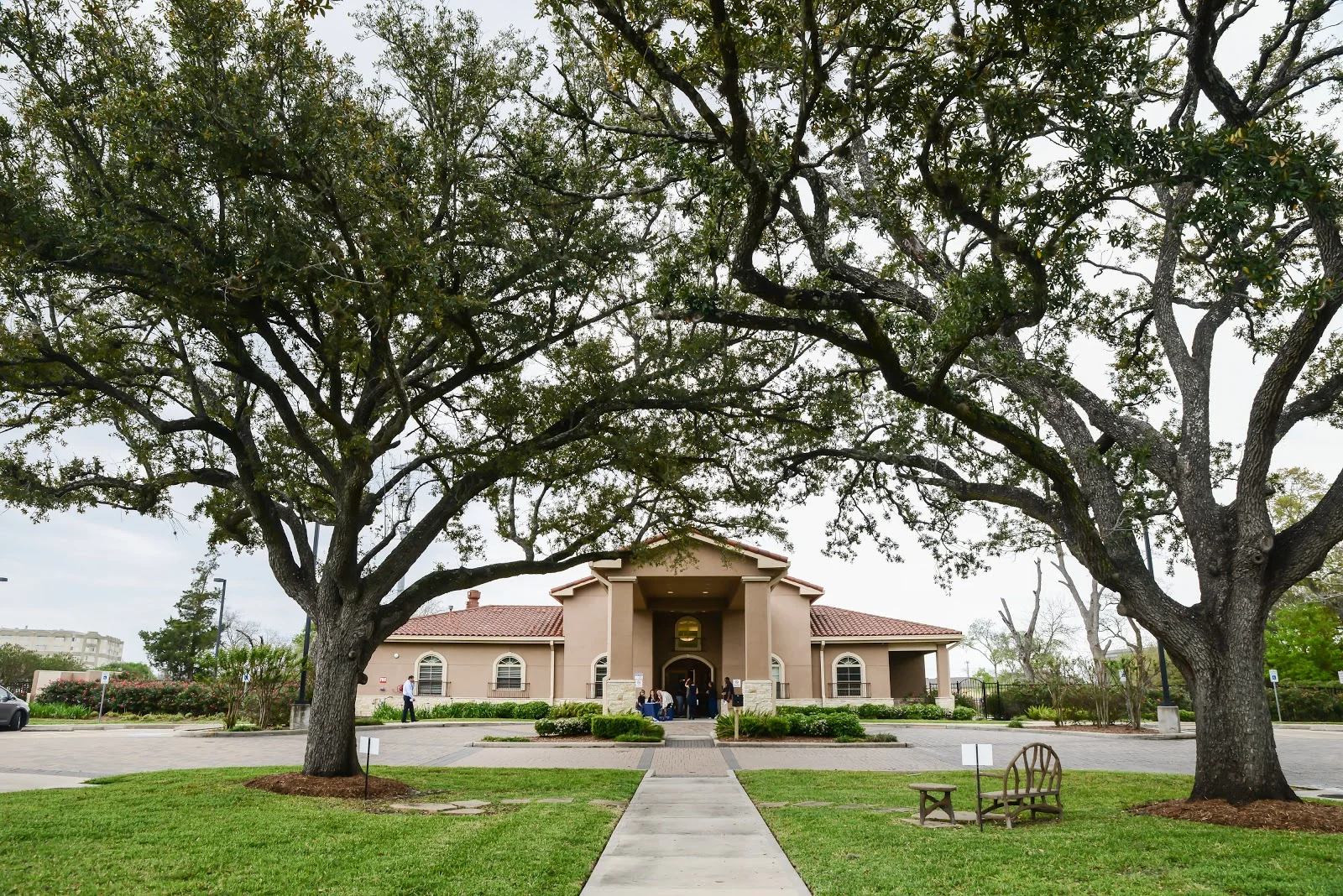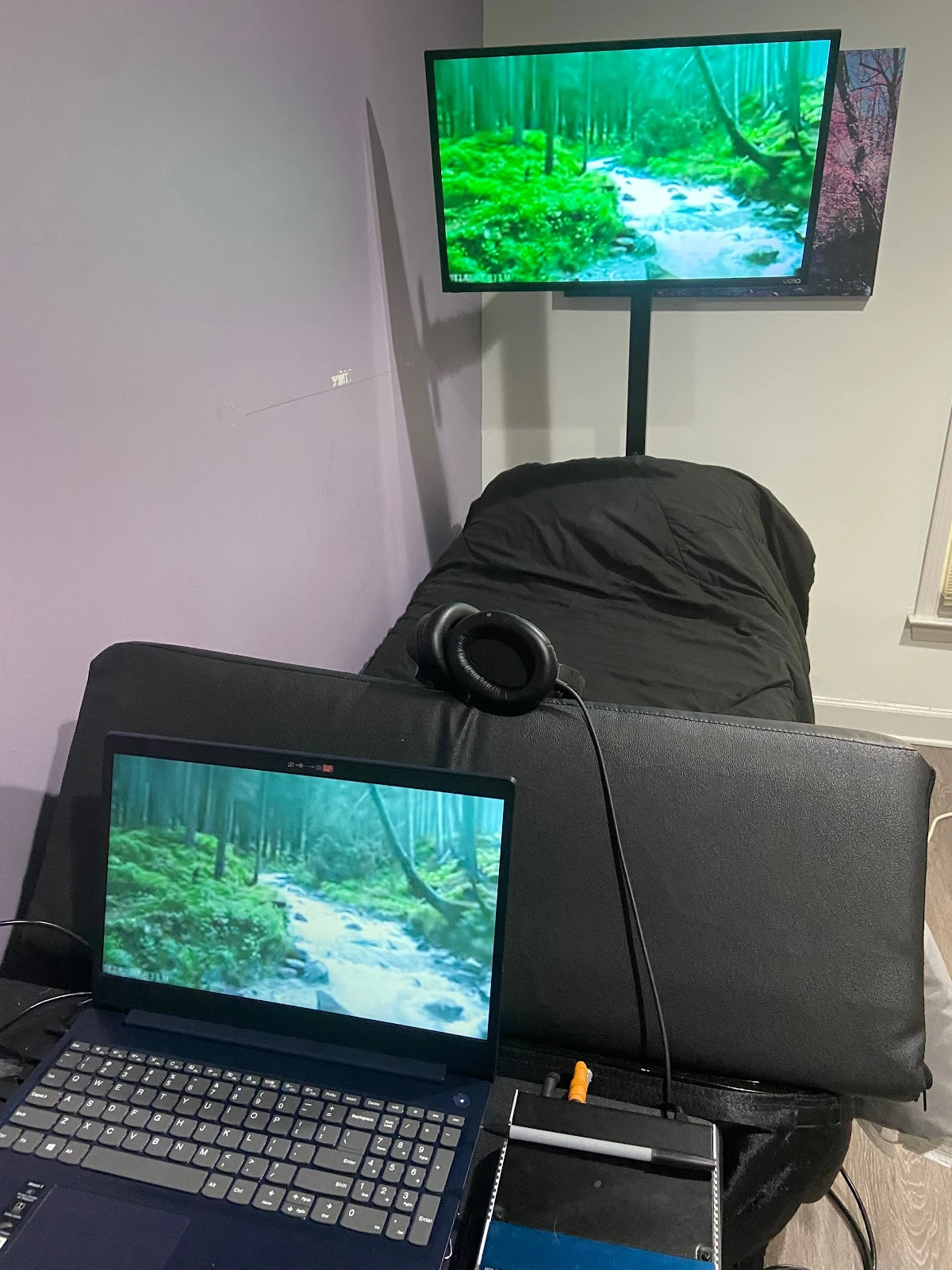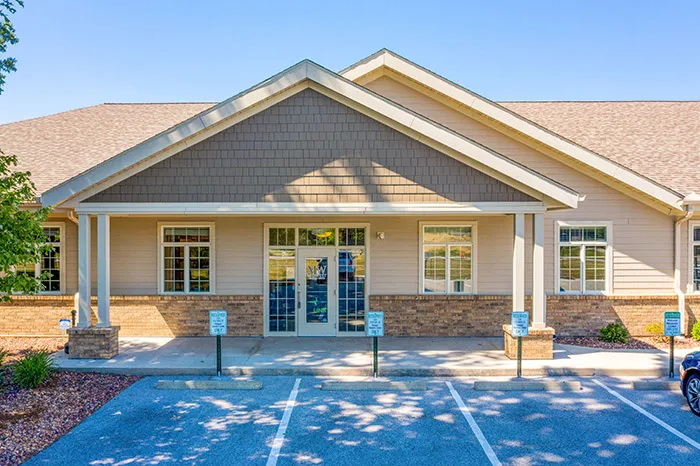Midwest Recovery Center Information
Treatment
Who We Treat
- Teens / Adolescents
- Adolescents
- Male and Female
Treatment Focus
- Alcohol
- Drug Addiction
- Wellness
Approaches
- Individual Treatment
- Evidence-Based
- Gender-Specific
- Wellness
- Cognitive Behavioral Therapy (CBT)
- Dialectical Behavior Therapy (DBT)
- 1-on-1 Counseling
- Neurofeedback
- Eye Movement Therapy (EMDR)
- Medication-Assisted Treatment (MAT)
Conditions We Treat
- Co-Occurring Disorders
Substances We Treat
- Alcohol
- Benzodiazepines
- Heroin
- Opioids
- Cocaine
- Methamphetamine
Languages
- English
Level of Care
- Outpatient
- Day Treatment
- Residential Rehab
- Co-Occurring Mental Health
Experience
On-Site Amenities
- Fitness Center
- Outdoor Lounge
On-Site Activities
- Yoga
- Massage
- Physical Fitness
Special Considerations
- Gender-specific groups
Accreditations
-
Commission on Accreditation of Rehabilitation Facilities (CARF)
CARF accreditation is a prestigious recognition granted to rehabilitation and human service organizations. It signifies that an organization meets high-quality standards, having undergone a rigorous evaluation process. CARF accreditation boosts an organization's credibility and ensures top-notch care for individuals with disabilities, injuries, or healthcare needs.

-
LegitScript
Only after successfully completing a rigorous application process, programs and services achieve LegitScript certification. This process, which commenced in 2018, aims to qualify only reputable providers of mental health and co-occurring substance abuse treatment for inclusion on Google's network while ensuring compliance with HIPAA privacy laws.

-
NAATP
The National Association of Addiction Treatment Providers (NAATP) accreditation is a recognized standard within the field of addiction and behavioral health. This accreditation signifies that a treatment provider has undergone a rigorous evaluation process to ensure the quality and effectiveness of its programs and services. NAATP accreditation serves as a valuable marker of a provider's commitment to adhering to established industry standards, offering evidence-based treatments, and prioritizing the well-being of individuals seeking addiction and behavioral health support.

Additional Locations
Find the best treatment options. Call our free and confidential helpline today!

























